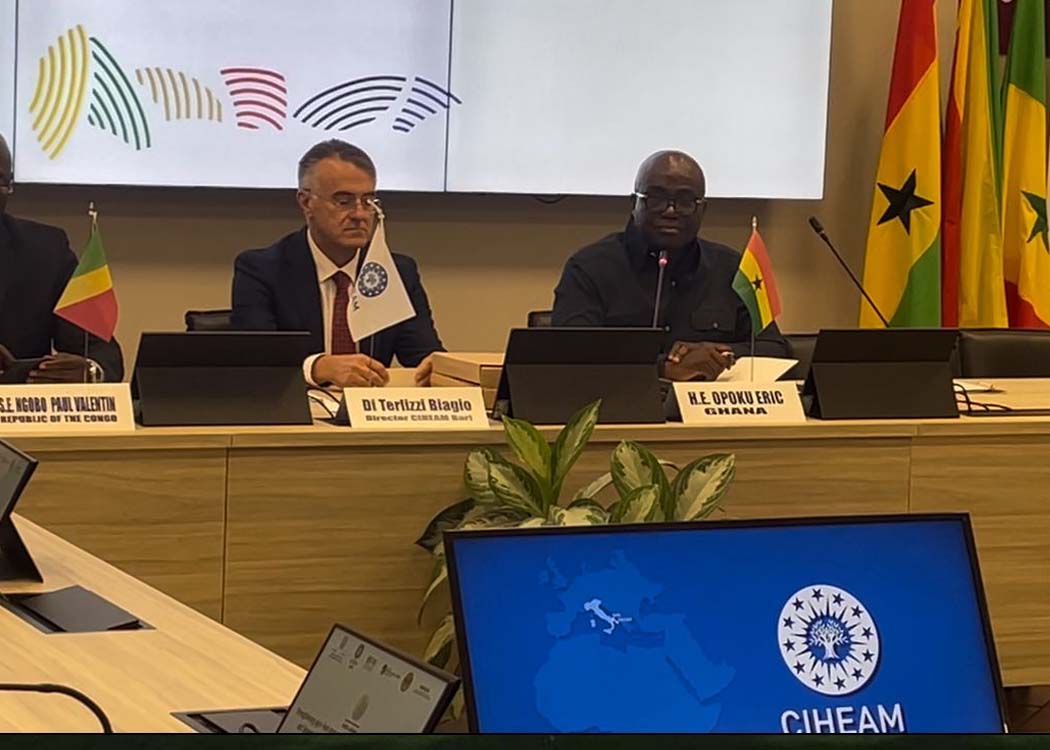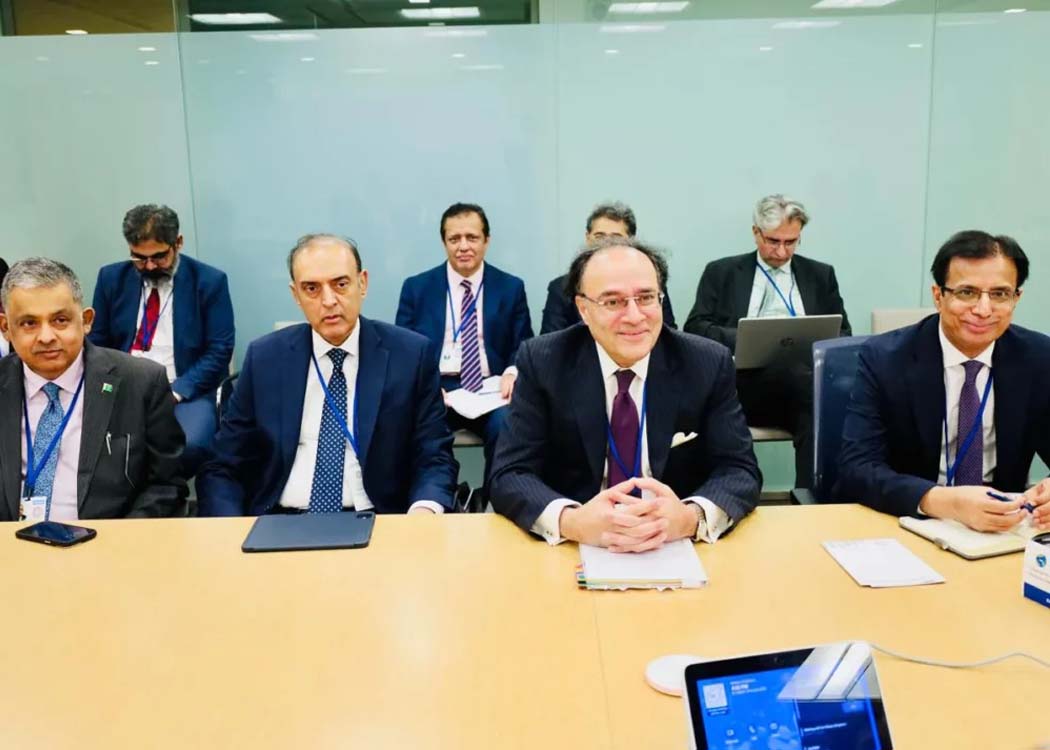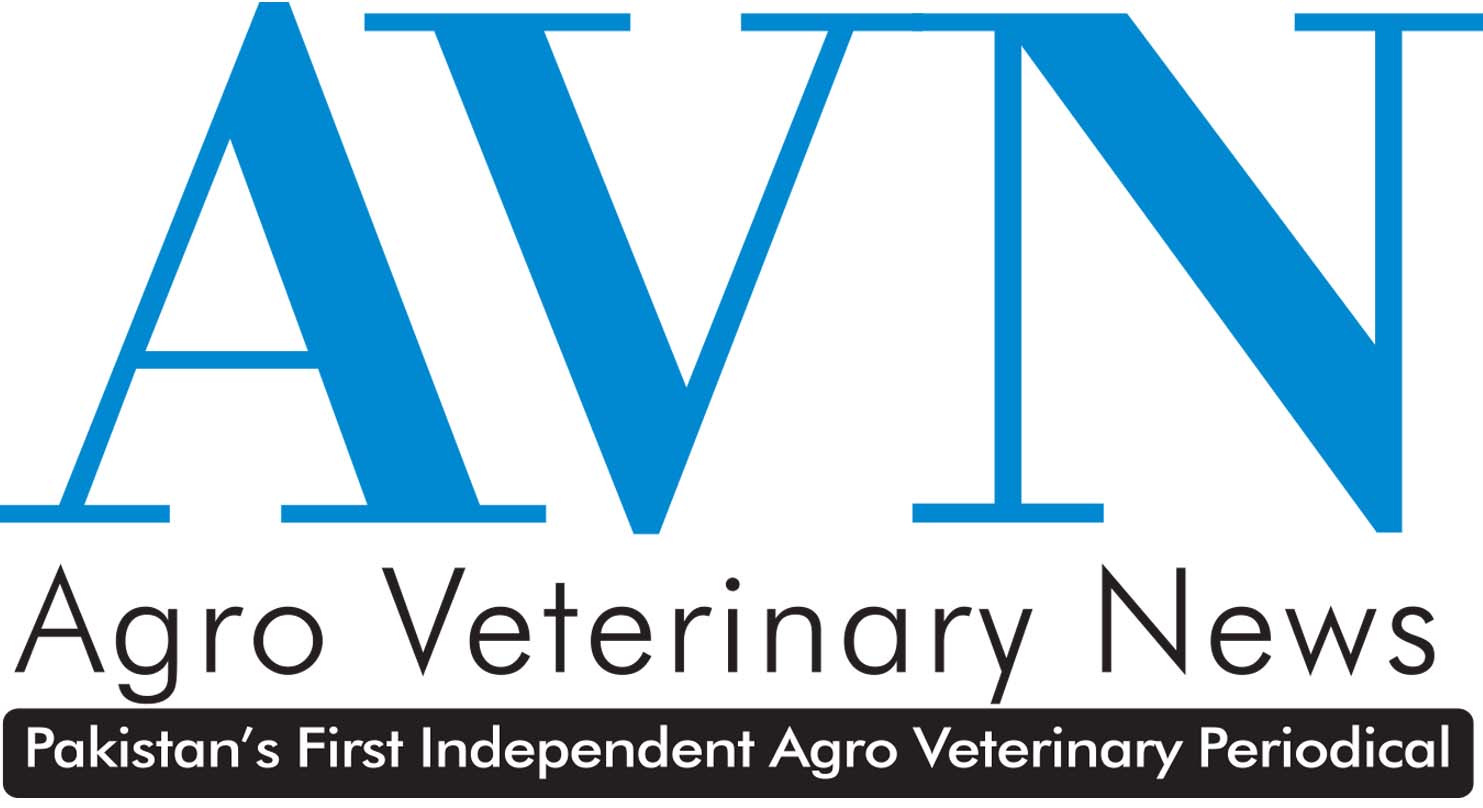New Italy-Ghana partnership to boost food security, irrigation infrastructure, and sustainable crop production across the Volta Region
ACCRA: Ghana has signed a €154 million ($179 million) financing agreement with the Government of Italy to strengthen climate-resilient agriculture and food systems, the Ministry of Agriculture announced following the signing ceremony held at the Agrilevante International Agricultural Technologies Fair in Bari, Italy (October 7–11).
The three-year initiative, titled “Strengthening Agri-Food Ecosystems in Ghana,” aims to modernize agricultural value chains, improve food security, and enhance resilience to climate change — particularly in the Volta Region in eastern Ghana.
Modernizing production and boosting food security
Under the program, Ghana will develop 10,000 hectares of farmland into model farms cultivating maize, rice, tomatoes, and soybeans, using year-round irrigation systems to ensure continuous crop cycles and a reliable domestic food supply.
Officials said the investment will directly support Ghana’s long-term agricultural modernization goals, including expanded irrigation networks, efficient water management, and renewable energy integration in farming practices.
Research collaboration and innovation
The initiative will also promote joint research and innovation in agri-technology. Collaboration will involve Italy’s International Centre for Advanced Mediterranean Agronomic Studies (CIHEAM), Ghana’s Council for Scientific and Industrial Research (CSIR), and the West Africa Centre for Crop Improvement (WACCI).
Together, these institutions will develop soil analysis tools, improve seed selection, and establish a national seed bank to ensure quality inputs and strengthen crop resilience.
Building climate resilience through irrigation
According to the Food and Agriculture Organization (FAO), only 3% of Ghana’s cultivated land was irrigated as of 2022. The government’s new agricultural strategy aims to bring 1 million hectares under solar-powered irrigation by 2028, reducing dependency on rainfall and improving yields across key regions.
The program is expected to help mitigate the devastating impact of recent droughts. The Ghana Grains Council (GGC) reported that dry spells in 2023 and 2024 damaged over 1.8 million hectares of farmland, resulting in $1.3 billion in crop losses in the cereals sector alone.
Officials emphasized that the Italy-Ghana partnership aligns with the United Nations Sustainable Development Goals (SDGs) on climate action, sustainable agriculture, and food security. This financing deal underscores Ghana’s growing international cooperation to strengthen its agricultural infrastructure, enhance productivity, and protect livelihoods in the face of climate change.






